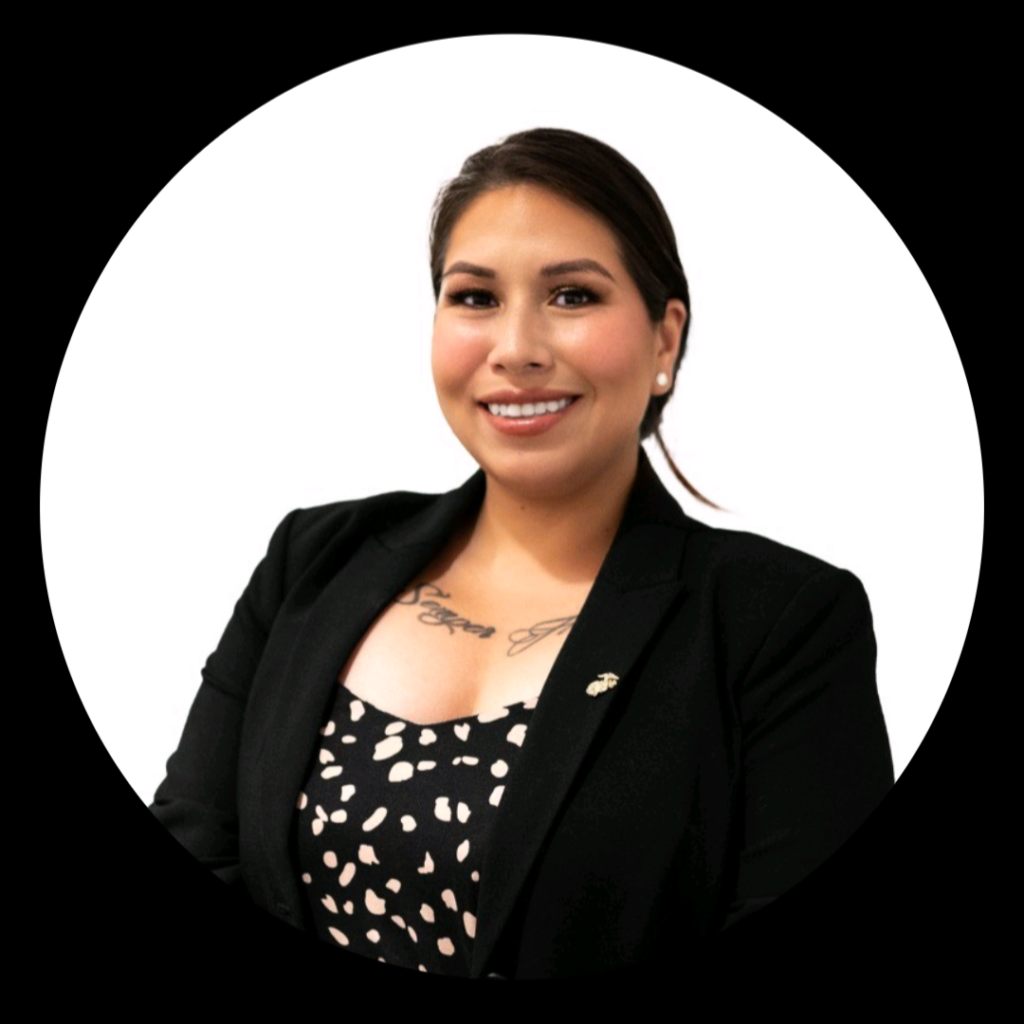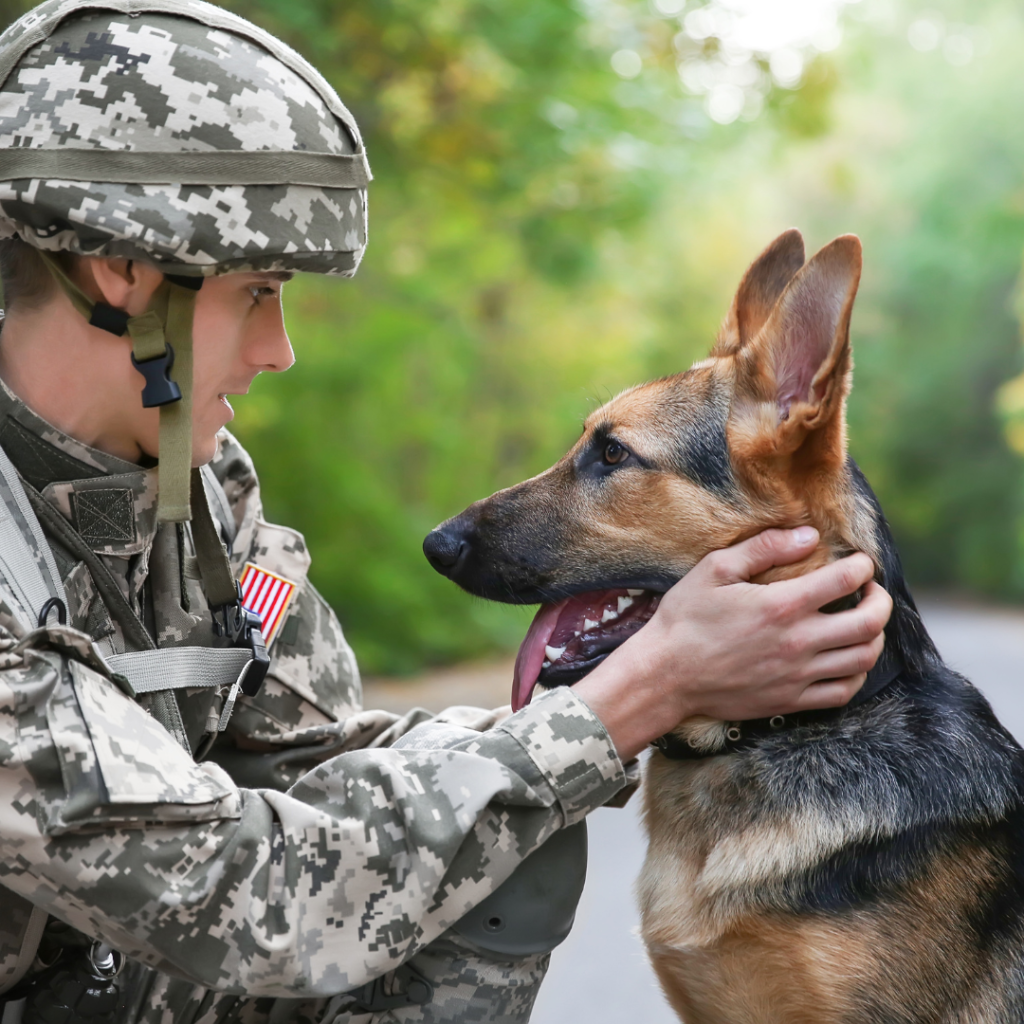Interview By Niurka Castaneda
I’m Liz K. Hensel and I served in the military for 14 years and just got out last December. Besides being a veteran, I’m also a military spouse. My husband and I have been married for almost eight years. We met in Quantico, Virginia, where we were stationed in the same geographical area but at different duty stations. It was an instant connection, and we got married a year later. Over the years, we’ve moved from Virginia to California to Japan, back to Virginia, and now to Israel.

Being a military spouse is very different from being a veteran. It’s like two sides of the same coin. Sometimes, I feel a bit of an identity crisis, especially when other military spouses complain about their service member spouses. As a veteran, I understand why service members do what they do, but as a spouse, I can also relate to the frustrations.
During our move from California to Japan, I noticed a huge lack of support for military families and their pets during relocations. There was plenty of information, but it was inconsistent, and families were spending anywhere from $3,000 to $10,000 to move their pets. Pets are part of the military family, and there’s research showing how having a pet greatly benefits mental health, similar to the benefits of service dogs. Seeing the need for support, I decided to create a survey to gather data on the issue. The results showed an average cost of around $4,000 for moving pets, with many families receiving conflicting information from their admin systems..
Seeing the need for support, I started advocating for military families and their pets. I connected with legislators and founded Leave No Paws Behind USA, a nonprofit issuing small grants to offset pet relocation costs. We also have a volunteer transportation program where military spouses and members personally transport pets, reducing the cost significantly compared to professional pet shippers.
In 2023, the pet reimbursement bill passed, thanks to the support of Senator Cory Booker. This bill helps military families with the costs of relocating their pets. After this success, I disbanded the nonprofit as the mission was accomplished. Now, we operate as a consulting group, offering free advice and support for military families.
This year, I was named the Marine Corps Spouse of the Year, which was a tremendous honor. It introduced me to incredible women doing amazing work across the spectrum of military families, such as advocating for FMP families and autism support. Listening to their struggles was eye-opening and empowering, highlighting the ongoing need to ensure military families have the resources they need. Moving every few years and restarting medical care can be challenging, so alleviating these small difficulties is crucial. I love being part of a group that shares this passion and compassion.

In addition to my advocacy work, I have a podcast called Latina She Served, where I share stories of men and women in the community doing incredible things. I’m also an entrepreneur with a wine brand called Inca Gold Wine, made in America with Peruvian flavors by a Marine Corps family.
My husband is part of the embassy program, and we have two daughters, ages 12 and 15. We also have two beloved rescue dogs, Prince and Queenie, both rescued in California. Prince was essentially the face of Leave No Paws Behind USA. Had it not been for him, I never would have known about the huge gap in support for military pets. I’m forever grateful to him for showing me the way and leading us to pass legislation to help military families and their pets.
Living overseas has been a unique experience. I find that I feel healthier due to the cleaner food and the fitness culture. In Tel Aviv, for example, there’s a huge emphasis on health and fitness.
I’m proud of my Peruvian heritage and my American citizenship. My journey from being a service member to a military spouse and advocate has been incredible, and I’m grateful for the opportunities to make a difference. Thank you for listening to my story.





